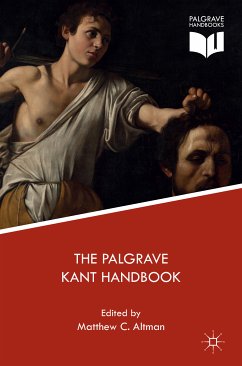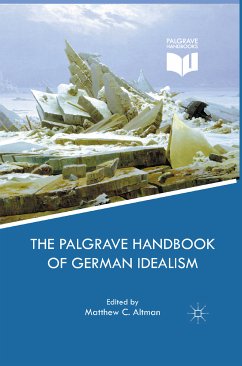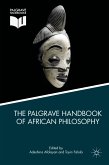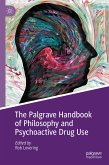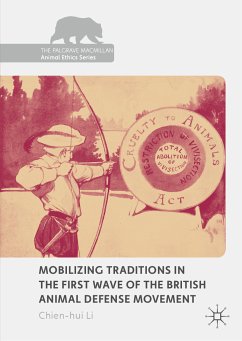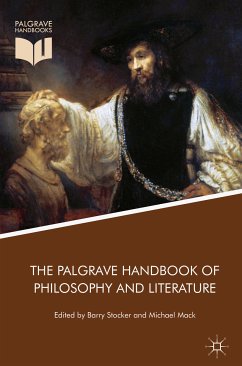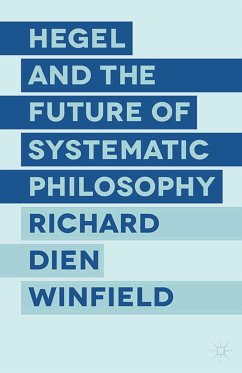Key Features:
. Draws attention to the foundations of Kant's varied philosophical insights - transcendental idealism, logic, and the bridge between theoretical and practical reason
. Considers hitherto neglected topics such as sexuality and the philosophy of education
. Explores the immense impact of his ground-breakingwork on subsequent intellectual movements
Serving as a touchstone for meaningful discussion about Kant's philosophical and historical importance, this definitive Handbook is essential reading for Kant scholars who want to keep abreast of the field and for advanced students wishing to explore the frontiers of the subject.
Dieser Download kann aus rechtlichen Gründen nur mit Rechnungsadresse in A, B, BG, CY, CZ, D, DK, EW, E, FIN, F, GR, HR, H, IRL, I, LT, L, LR, M, NL, PL, P, R, S, SLO, SK ausgeliefert werden.

